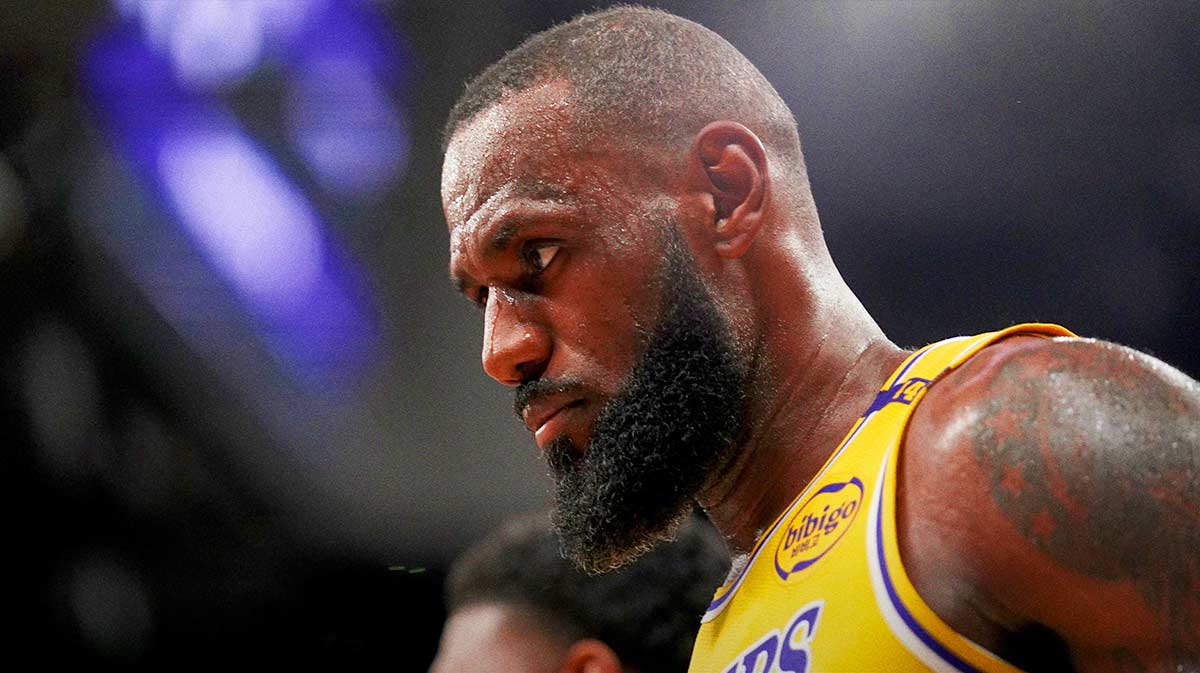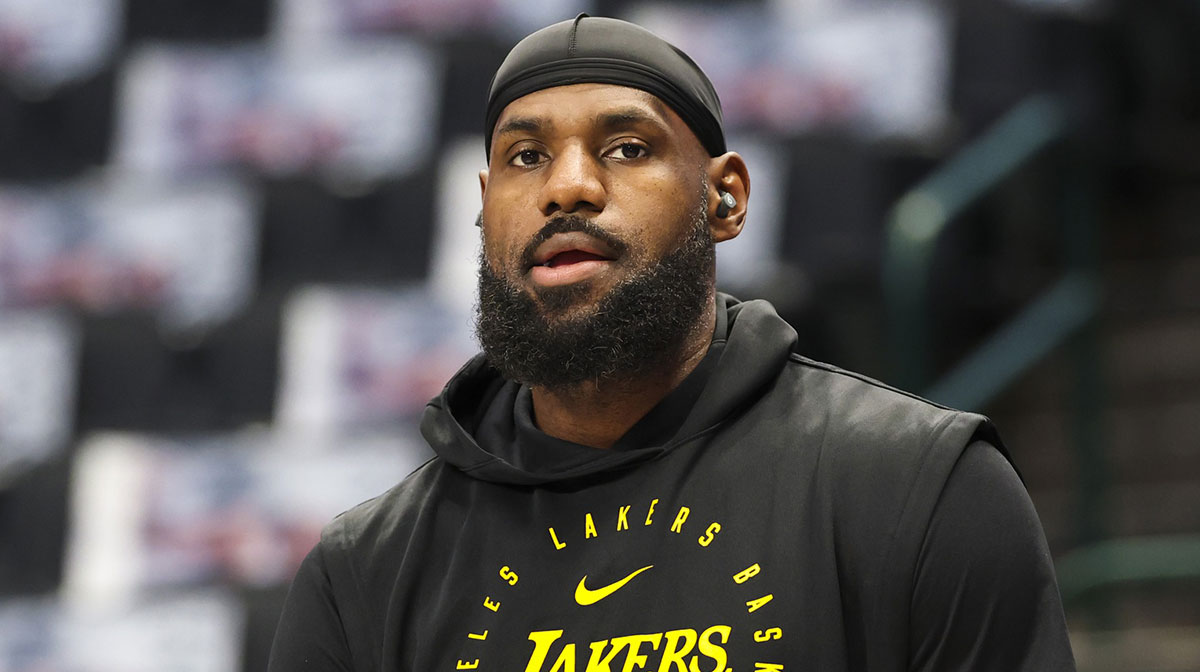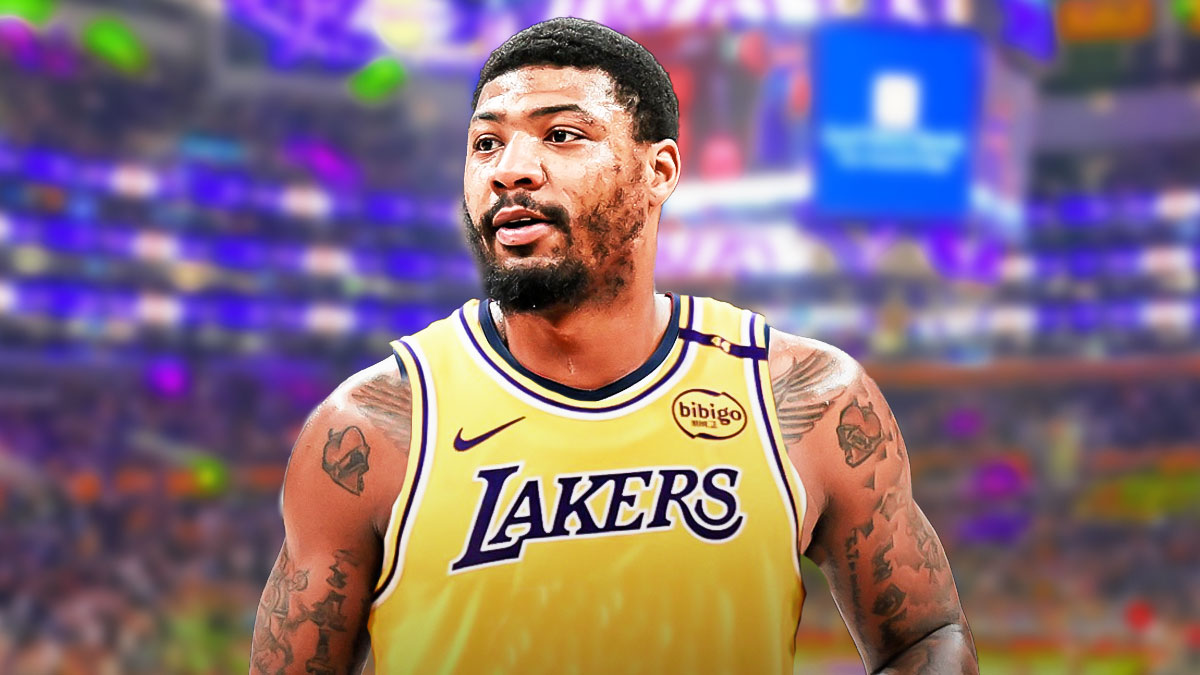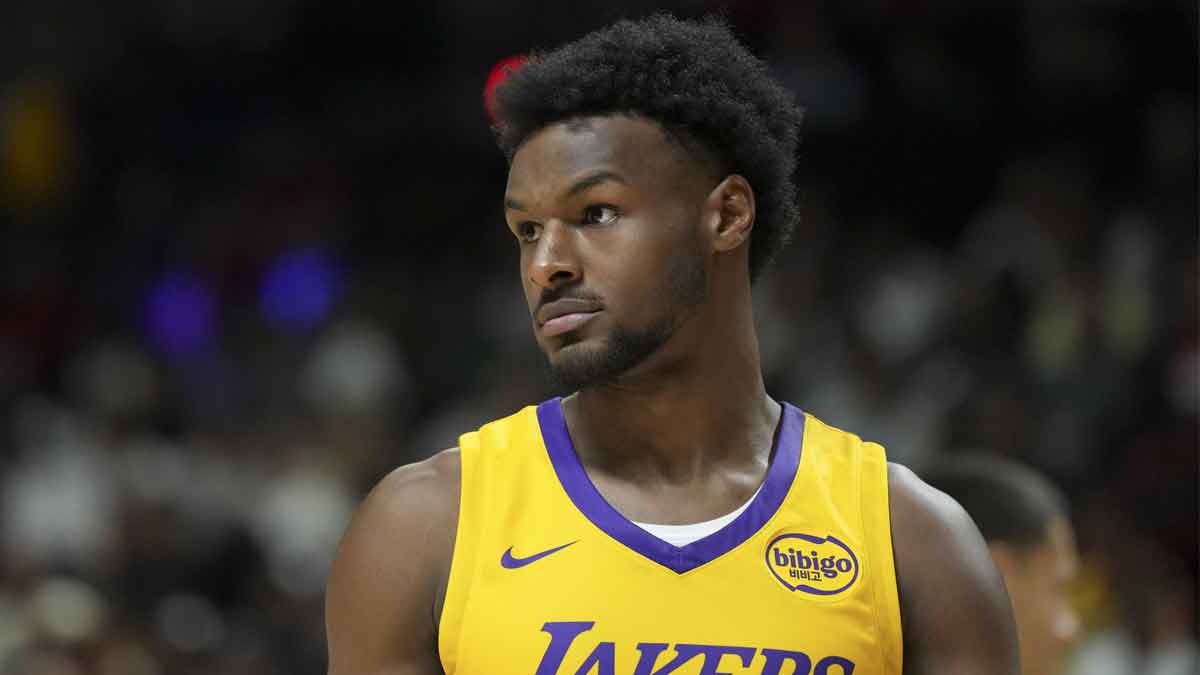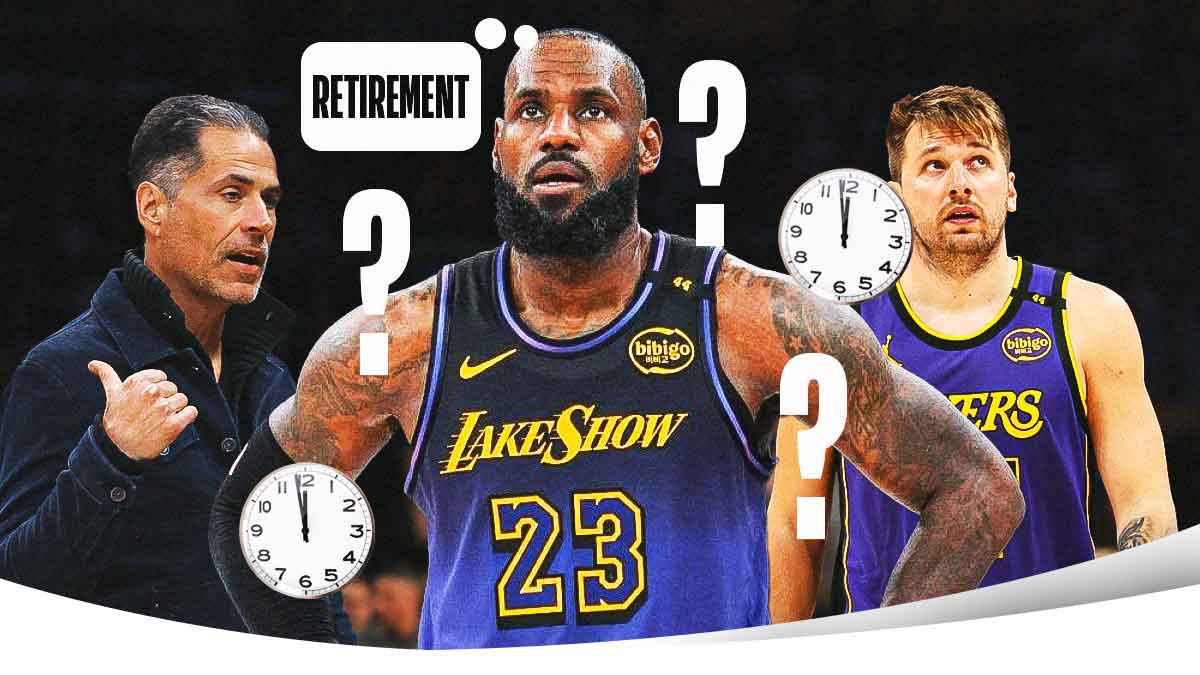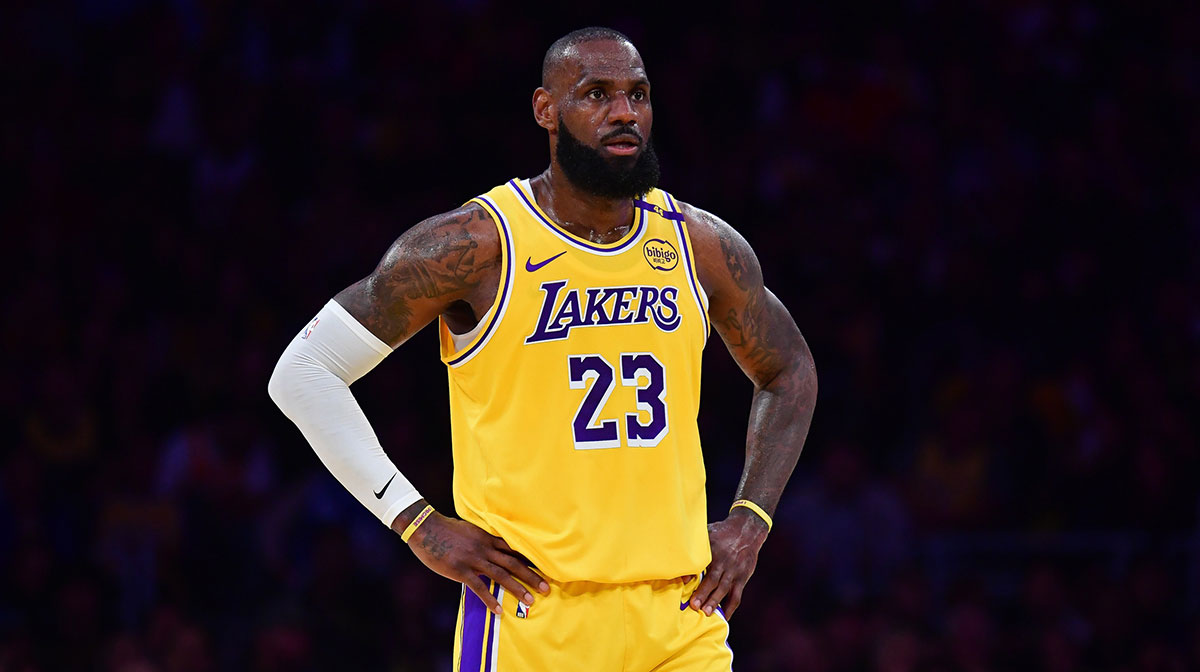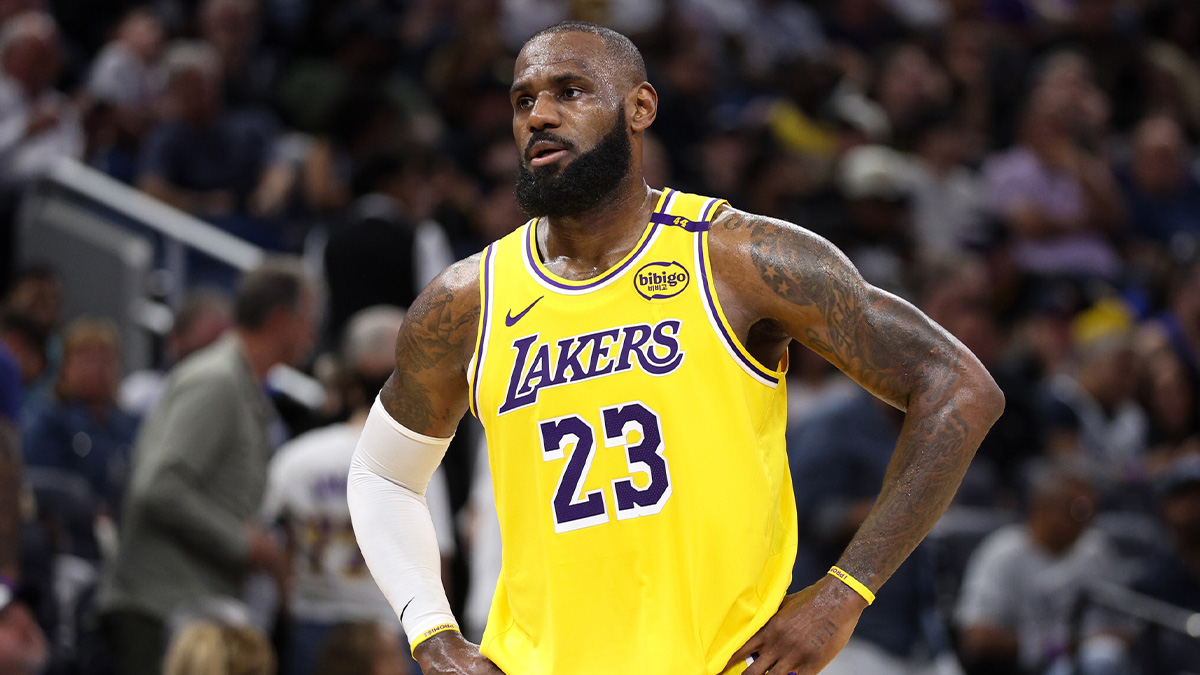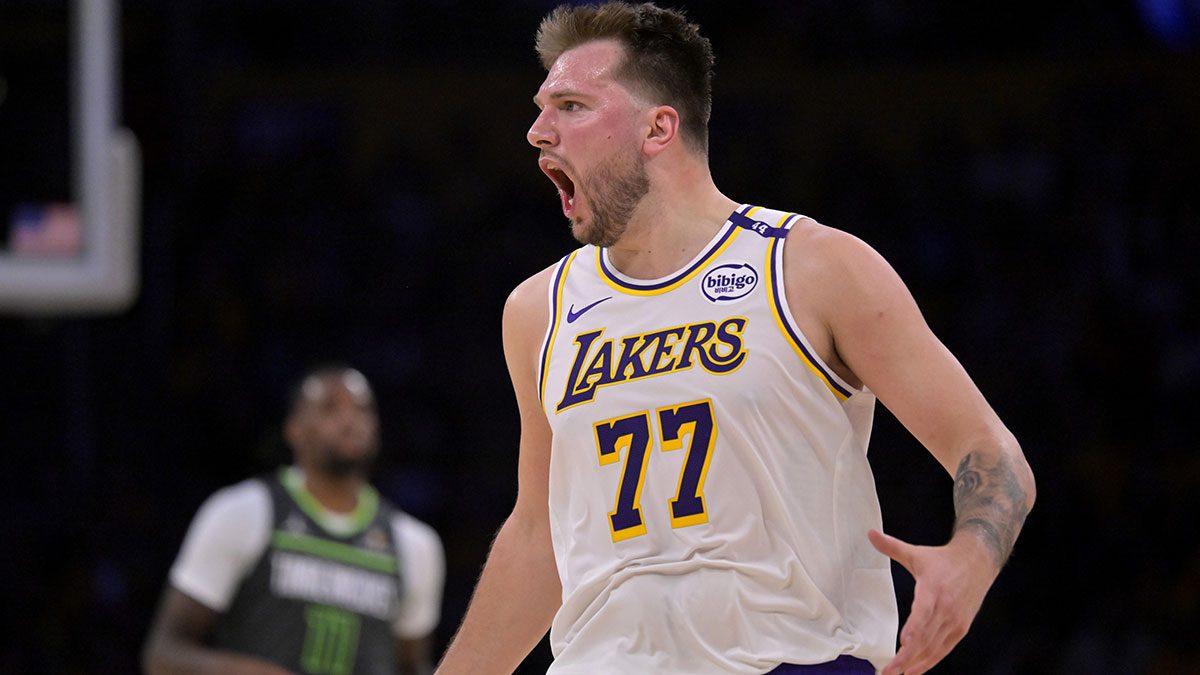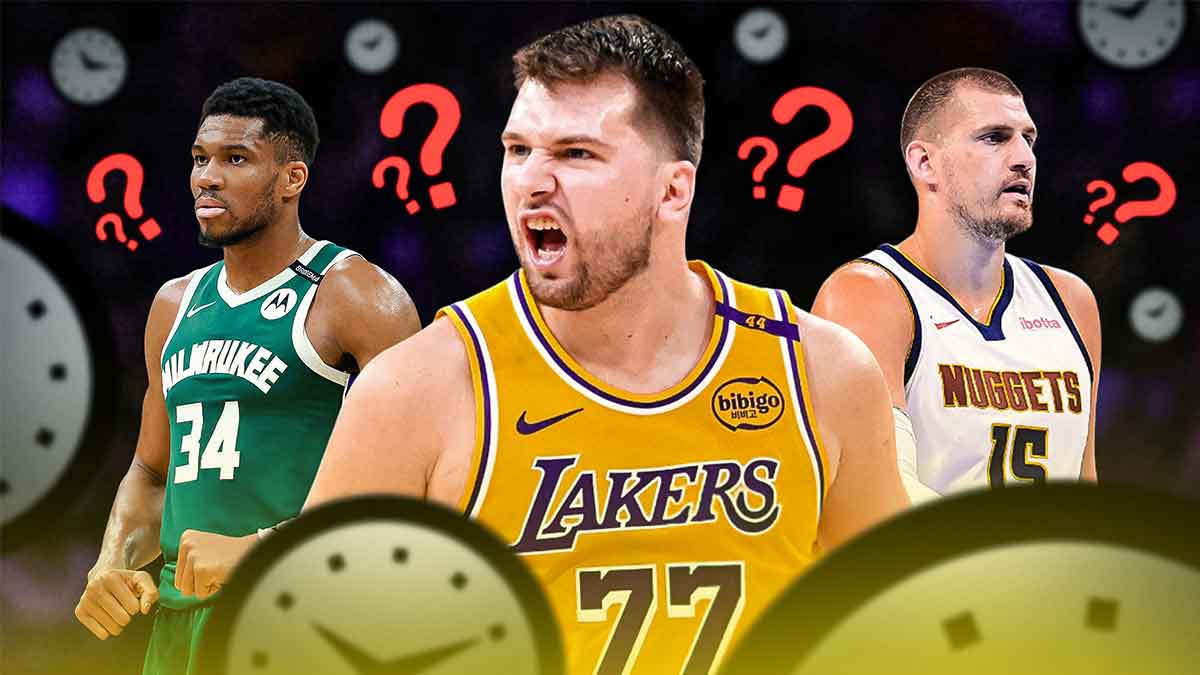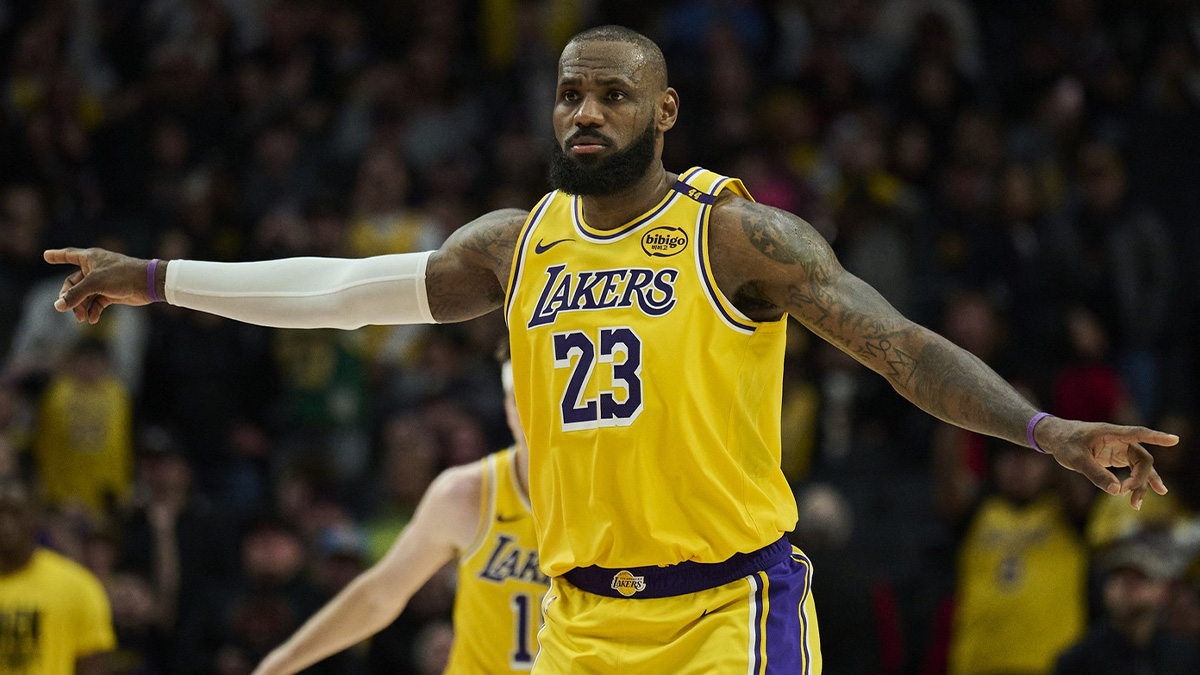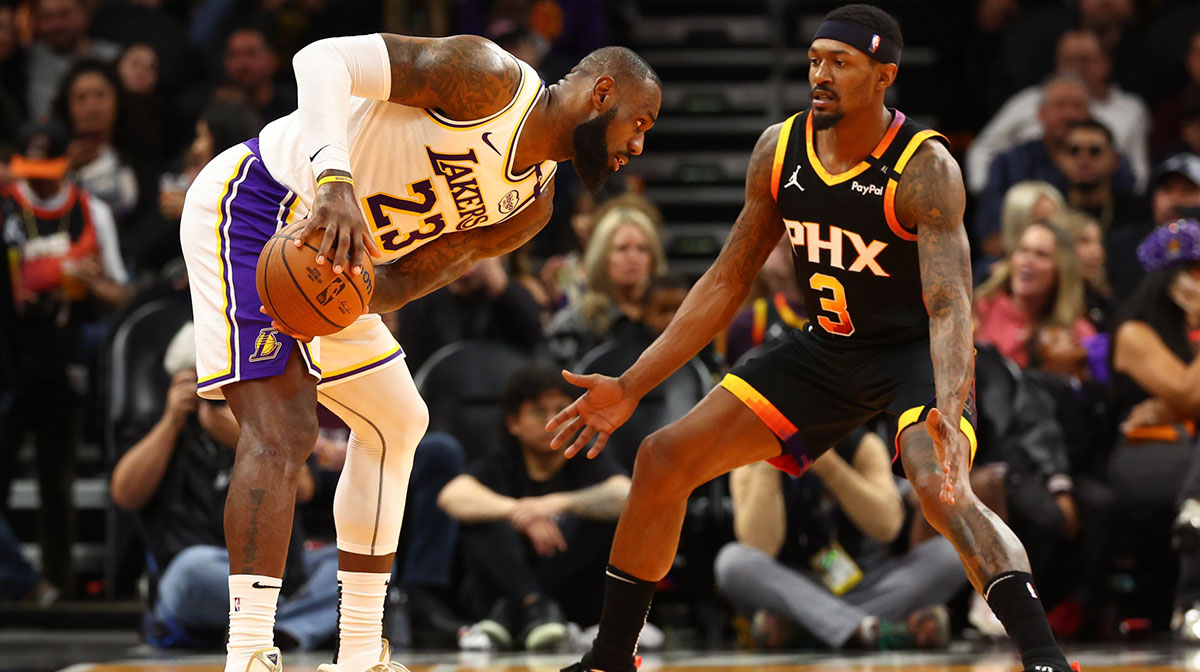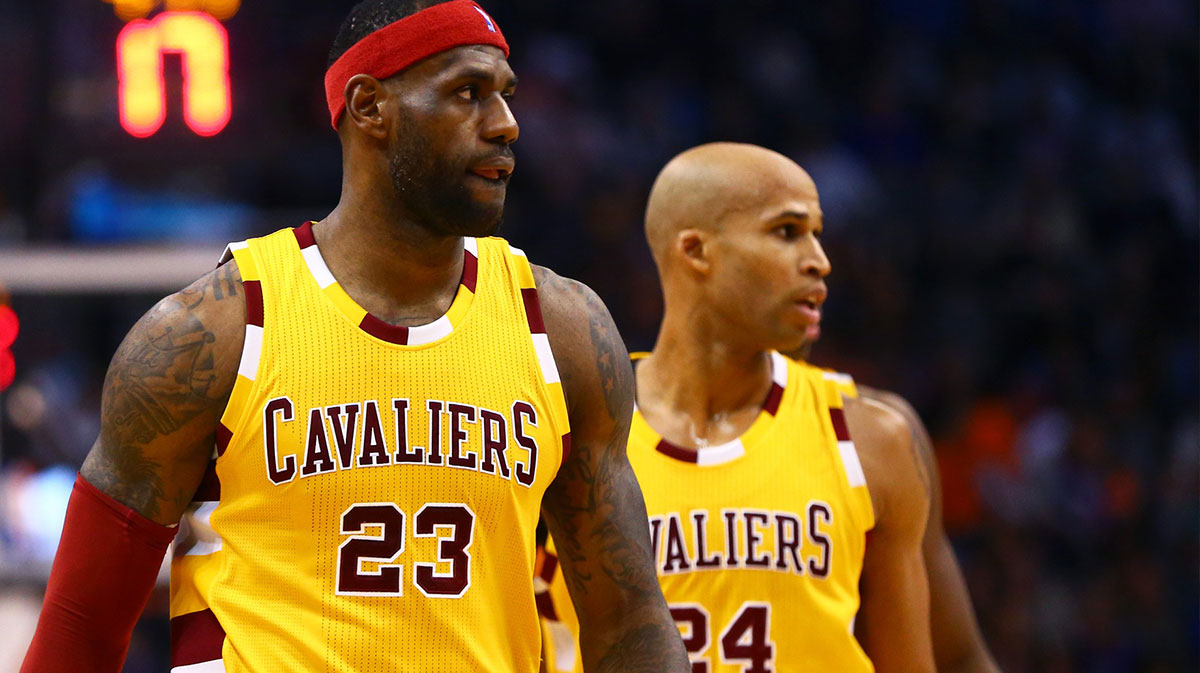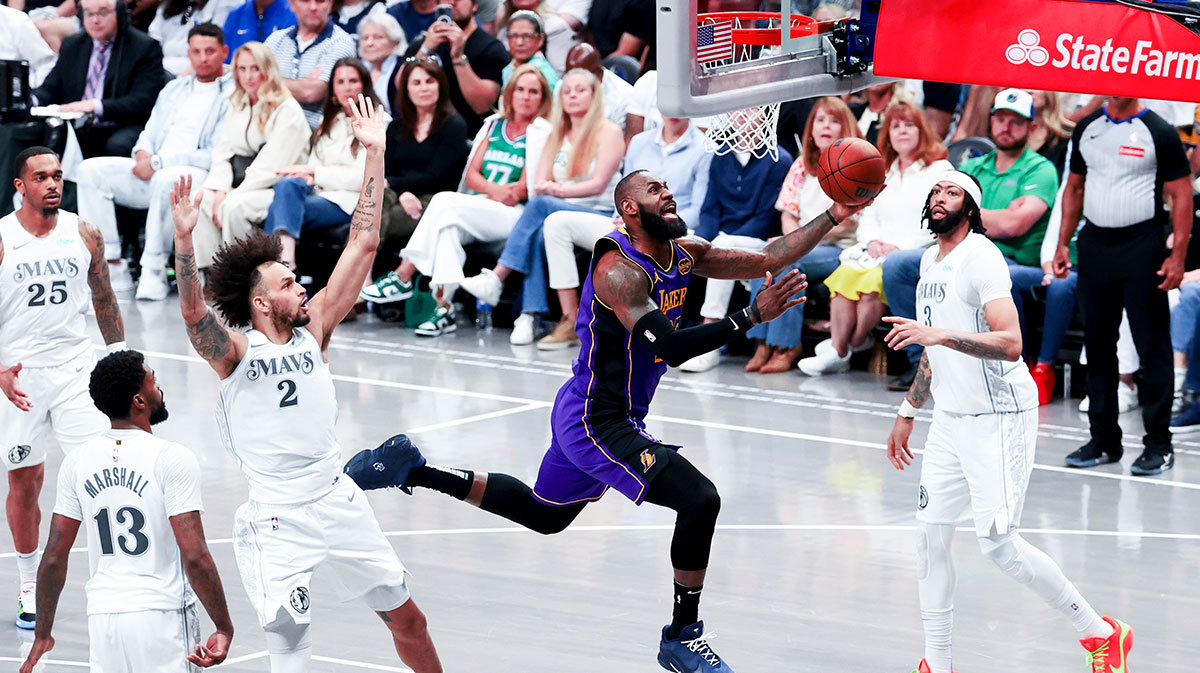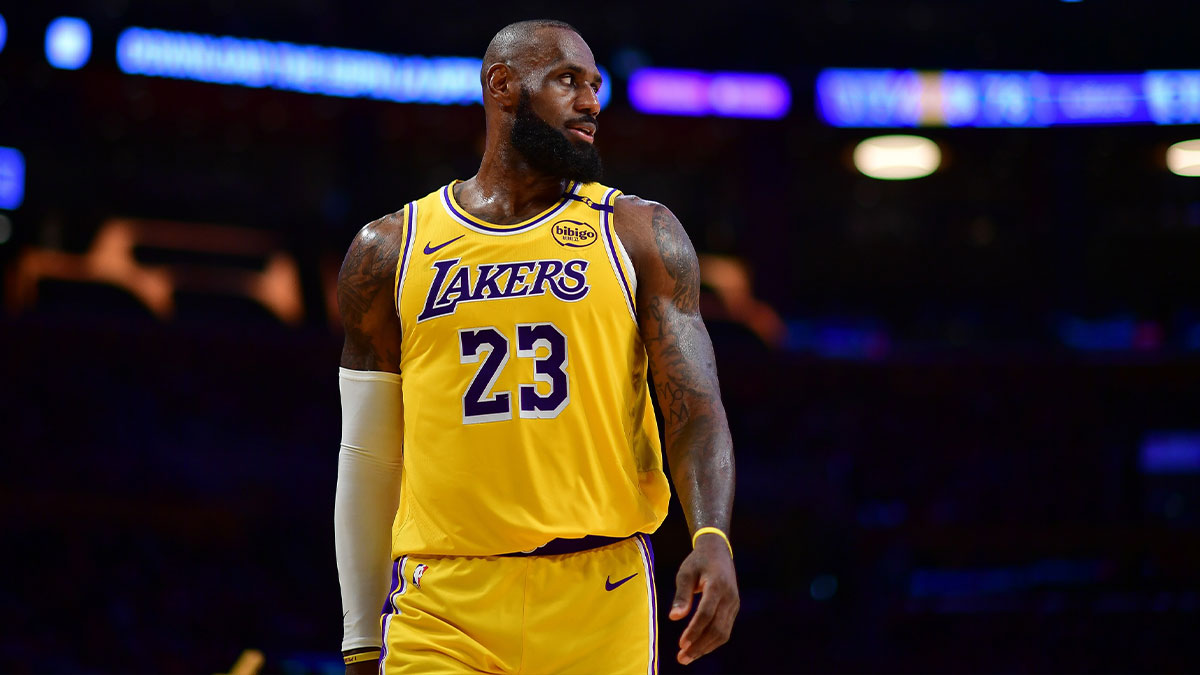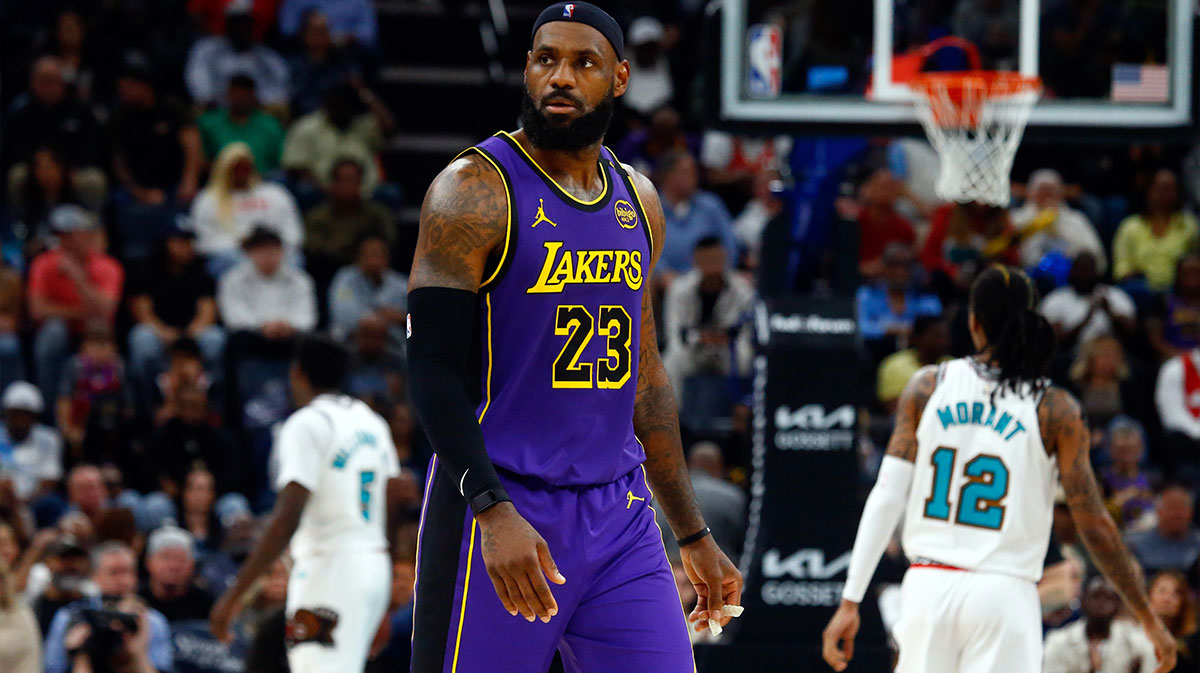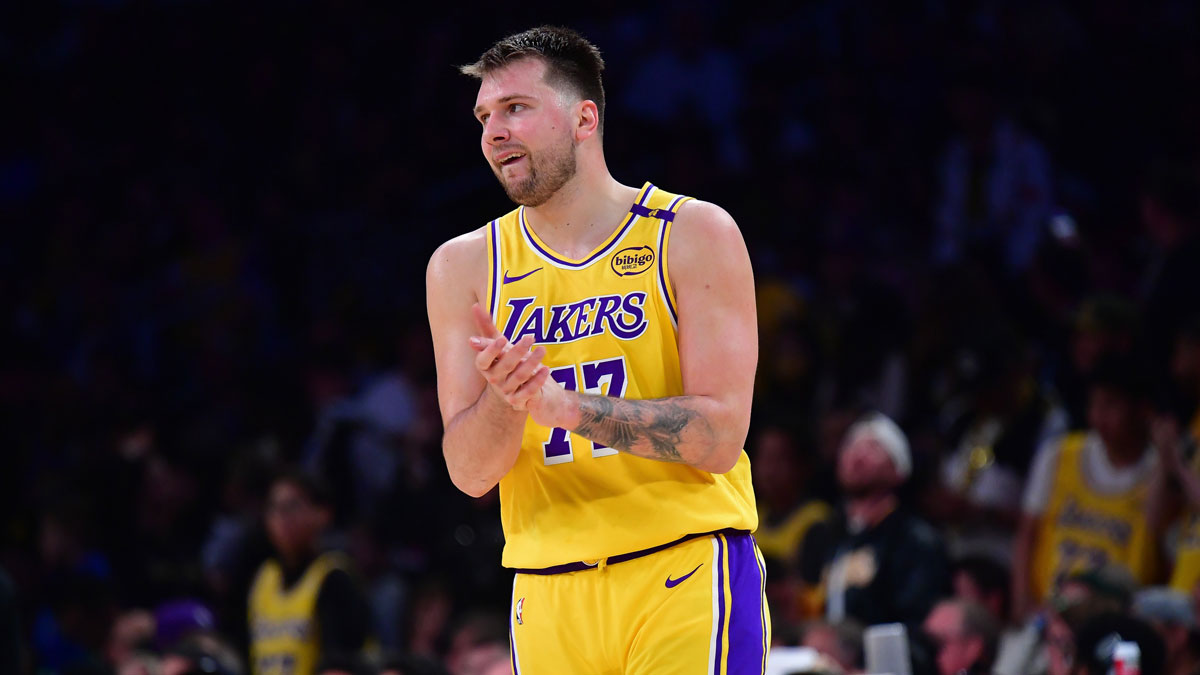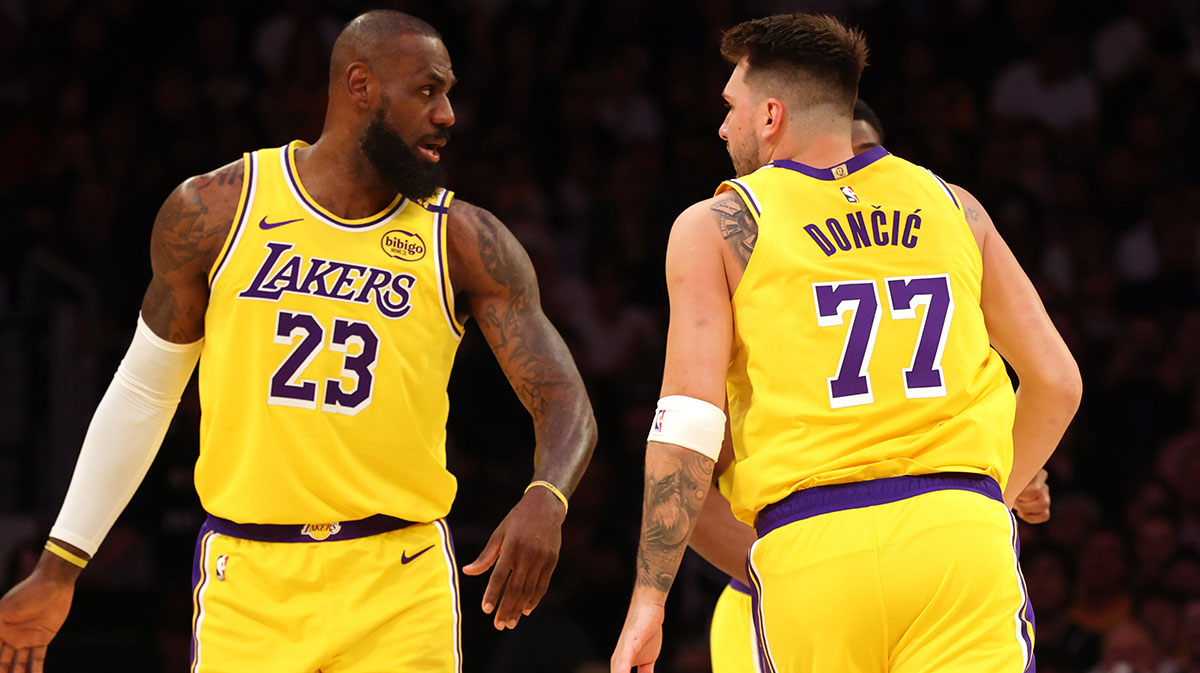On Thursday, the NBA finalized the trade sending Talen Horton-Tucker and Stanley Johnson to the Utah Jazz and Patrick Beverley to the Los Angeles Lakers.
The news, reported on Wednesday, garnered a range of emotions and takes from Lakers fans. At first glance, THT+SJ seems like a lot to give up for the 34-year-old Beverley if a follow-up move, likely involving Russell Westbrook, isn't in the works. THT is a 21-year-old homegrown product, a member of the 2020 title team, and was the fourth-highest paid player on the Lakers. Johnson, 26, became a quality stopper and surprise culture-setter last season and was on a minimum contract.
Let's dive a bit deeper into why this trade makes sense for the Lakers, and, of course, hand out a big fat grade!
Woke up a Laker!!! 💜💛🙏🏾 Its On!!!
— Patrick Beverley (@patbev21) August 25, 2022
It’s all Love💛💜 https://t.co/2fzMvH0yOD
— Patrick Beverley (@patbev21) August 25, 2022
In a vacuum, swapping Horton-Tucker for Beverley is a tough pill to swallow. The Lakers resisted trading Horton-Tucker for two years (including in a Kyle Lowry package) and opted to give him $32 million instead of retaining Alex Caruso (again, they could have kept both). They bet on the 2019 second-round pick to take a substantial leap in 2021-22 and bloom into a game-changing 3-and-D wing — and raise his trade value.
Instead, Horton-Tucker regressed (preseason thumb surgery and a December bout of COVID-19 were legit setbacks). His ball-dominant style and putrid outside shooting (26.9% from 3) made him a clunky fit alongside LeBron James, Anthony Davis, and Russell Westbrook. He showed flashes, but his production and usefulness fluctuated wildly.
According to The Athletic, Horton-Tucker (and Johnson) were on the outside-looking-in of the Lakers' rotation, due to THT's poor fit and their sudden plethora of guards in the 6'3 – 6'5 range. Arguably, losing Johnson (6'7) hurts more than THT, as the Lakers are lacking in large, defensive-minded wings. That said, Johnson, coming off a solid-if-unspectacular campaign for a 33-win team, is a former-lottery-pick-turned-journeyman with a career 30% three-point percentage and limited offensive skillset. (Los Angeles had to throw in a minimum contract to make the deal work, btw.)
Darvin Ham laughed when I brought up that he basically hadn't (publicly) mentioned THT's name since being hired before he said nice things about him. Makes sense https://t.co/jfn7NOS4Za
— Michael Corvo (@michaelcorvo_) August 25, 2022
The Lakers need more shooting, secondary play-making/ball-handling at the point guard spot, and defensive tenacity. Since being hired, Darvin Ham has repeatedly preached the importance of two-way role players who are willing to do whatever is asked, space and run the floor, and compete defensively. The Lakers need more dudes who will embrace the intangibles, fill in the gaps, play high-IQ basketball, and make subtle winning plays around the hardwood. Beverley checks those boxes (OK, maybe not the “subtle” part). His 37.8% career three-point percentage is the highest on the Lakers roster.
“We are thrilled to add Patrick Beverley's toughness and competitive spirit to the team,” Rob Pelinka said in a statement announcing the trade. “We're confident that Patrick's ‘3-and-D' style will fit in nicely with the other pieces of our roster and align perfectly with Coach Ham's philosophy of hard work and smart play.”
Beverley is 13 years older than THT, but Los Angeles is operating on LeBron's timeline. Plus, the veteran's $13 million expiring contract will enable the Lakers to create up to $30 million in cap space next summer, which should help them retool for one more championship run with LeBron and AD.
Ultimately, the Lakers got better in the present and freed up future money with this trade, and did so without surrendering a draft pick. They exchanged two fringe rotation pieces for a battle-tested, starting-caliber player who fits right in. THT's overall arc — from promising youngster to distressed asset — stings more than the trade itself.
The big question is…will Beverley be teammates with his longtime nemesis, Russell Westbrook? And if so, how will that go?
Grade: B+

